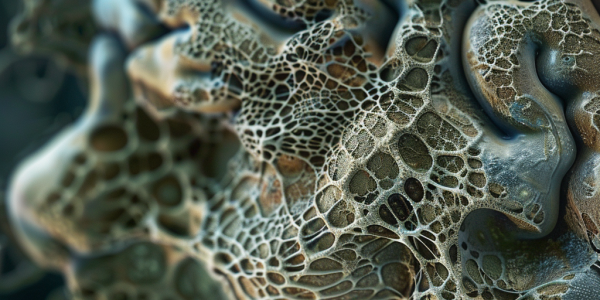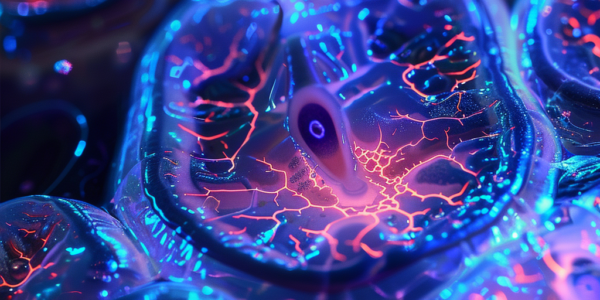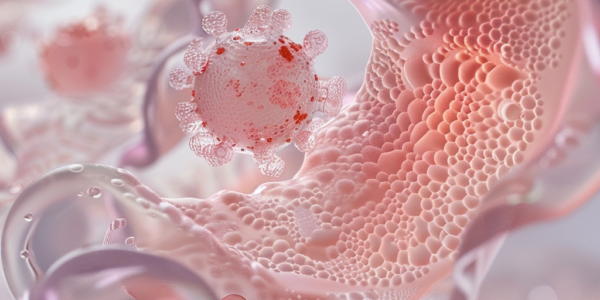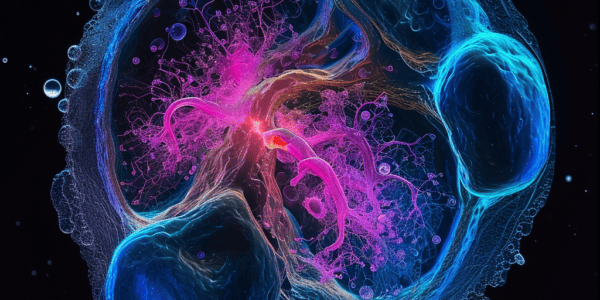Researchers Create World’s First Human Mini-Brain with Fully Functional Blood-Brain Barrier
Discover how researchers at Cincinnati Children’s Hospital Medical Center have created the world’s first human mini-brain with a fully functional blood-brain barrier (BBB), revolutionizing the study and treatment of brain disorders. This breakthrough enables a deeper understanding of neurological conditions and paves the way for innovative therapeutic strategies.
Organoids reveal link between traumatic brain injury and increased risk of dementia and ALS
A USC Stem Cell study reveals the link between traumatic brain injury and the increased risk of dementia and ALS. The study utilized lab-grown human brain structures known as organoids to explore potential strategies for mitigating these risks, identifying a gene called KCNJ2 as a potential target for intervention. This offers promising prospects for the development of post-injury treatments and preventive measures for individuals at risk of TBI.
Growing Mini Organs from Amniotic Fluid Cells Could Revolutionize Prenatal Medicine
The potential to grow miniature organs from cells found in amniotic fluid could revolutionize prenatal medicine, offering the possibility of treating health defects in fetuses before they are born. Researchers have successfully cultivated mini organs from tissue-specific stem cells extracted from amniotic fluid during active pregnancies, a groundbreaking development that could pave the way for monitoring and treating congenital conditions before birth.
Enhancing Organoid Culture Optimization and the Importance of Growth Factor Bioactivity and Reagent Consistency
An organoid is a simplified and smaller version of an organ produced in vitro. Organoids resemble the cellular architecture and composition of the original tissue and demonstrate functional similarities. This article talks about enhancing organoid culture optimization and the importance…




